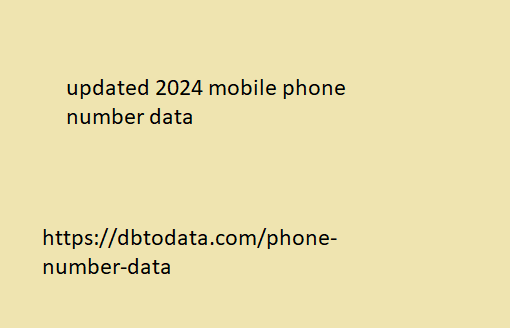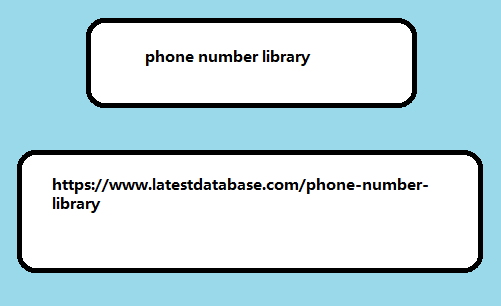Artificial intelligence (AI) has undeniably been booming in recent years. From voice recognition to self-driving cars to chatbots, its concrete applications in our daily lives are multiplying.
The world of natural referencing (SEO) is not immune to this wave of innovation. In 2024, as many experts predict, AI-generated content should play a key role in search engine results.
Faced with this announced revolution, it is essential to understand the potential impacts of this type of content on SEO , but also the rozhovor s flavia rubino caso risks of penalization by Google . The stakes are high for SEO experts and for the Madagascar editor : how to responsibly take advantage of the capabilities of artificial intelligence to improve the SEO of their site , without jeopardizing its ranking?
The potential impacts of AI-generated content
At first glance, AI-generated content au cell numbers seems extremely promising for improving a site’s SEO. Some experts even call it “killer . ” Thanks to sophisticated algorithms, AI is able to produce relevant, informative texts that are perfectly optimized in terms of keywords.
It can also generate a variety of formats – articles, videos, infographics – causing a real upheaval in the world of content writing .
However, there is a downside. If AI is not configured carefully, it may produce duplicate or poor quality content . Therefore, it is not enough to blindly rely on a text-generating AI to improve your SEO. AI and web editor collaboration seems to be the key to producing engaging and unique content, without falling into the trap of empty content produced on a mass production line.
Google’s Penalty Risks
Google does not hide its reluctance towards the abusive use of artificial intelligence to generate content. Some even fear a danger for the employment of web editors . Google’s policy is above all to offer useful and relevant search results for its users.
Thus, the search engine will not hesitate to penalize websites guilty of pulling the rope too quickly in terms of AI content, to the detriment of quality. Content without added value is clearly in the sights .
Fortunately, it is possible to defuse this risk of penalization by following a few simple good practices:
- Use AI sparingly to produce premium , engaging and high-quality content.
- Vary formats (articles, videos, etc.)
- Ruthlessly ban duplicate content.
The idea remains to use artificial intelligence responsibly to offer an excellent search experience to Internet users, without seeking to deceive or abuse Google’s algorithms.
How can Google detect AI-generated content?
Google has many effective techniques in its bag to unmask fraudulently produced content by artificial intelligence. These techniques target either the direct analysis of text content or the suspicious behavior of users interacting with it.






